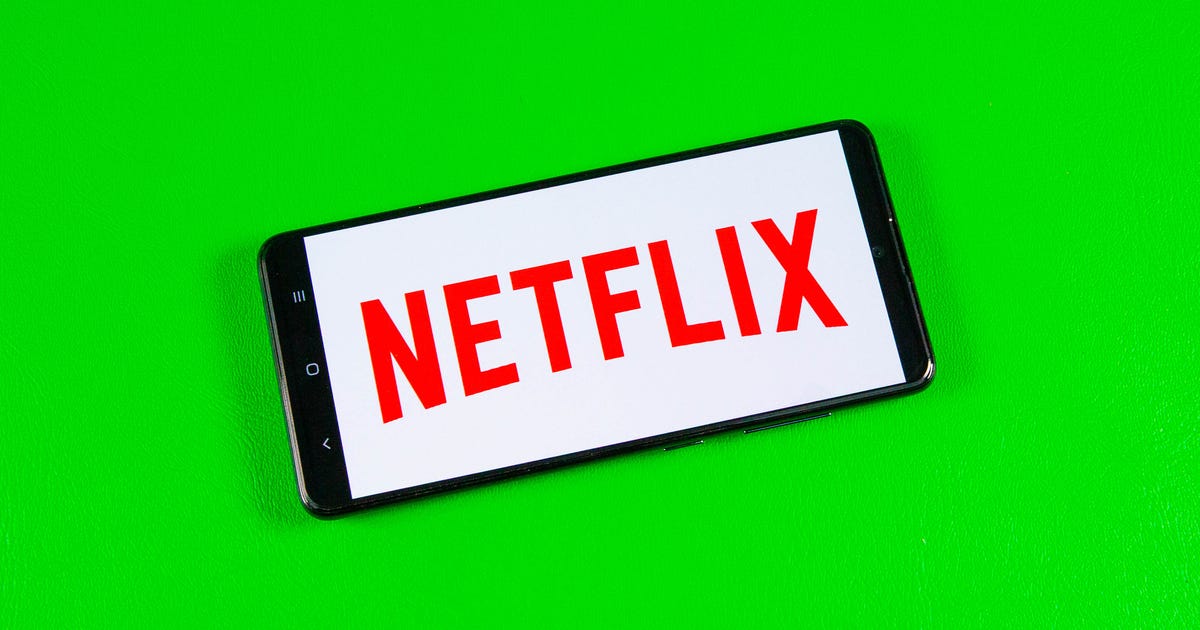
Netflix is ratcheting up its efforts to get freeloading viewers to pay up: Starting early next year, it will start charging accounts for password sharing, instituting a system that adds fees to your plan for “extra member” subaccounts when people outside your household use your membership.
The company didn’t specify the price of these new fees when it confirmed the plan on Tuesday. But this change is already being tested in a few Latin American countries, where Netflix is charging a fee for each extra member that’s equivalent to roughly one-quarter the price of a Standard plan.
If Netflix sticks to that practice for its Standard plan, then each extra member subaccount in the US would cost between $3.50 and $4.
And if it sticks with the norms of those account-sharing tests, Netflix is also likely to make these “extra member” fees only available on its $15.50-a-month Standard and $20-a-month Premium plans, which both allow more than more one simultaneous stream.
Netflix hasn’t offered an option for the “extra member” fees on its Basic plans in the tests. Netflix’s $10-a-month Basic tier and a new plan coming next month, the $7-a-month Basic with Ads, both limit your watching to a single simultaneous stream, which makes account-sharing functionally difficult.
Netflix didn’t detail how it will enforce unpaid password sharing once the fees roll out widely.
After years of being relatively laissez-faire about password sharing, Netflix started testing ways to get shared accounts to pay after recording its deepest subscriber losses ever earlier this year. In addition to the password-sharing fees, Netflix plans to launch cheaper subscriptions supported by advertising next month.
Netflix’s dominance of streaming video — not to mention years of unflagging subscriber growth — pushed nearly all of Hollywood’s major media companies to pour billions of dollars into their own streaming operations. These so-called streaming wars brought about a wave of new services, including Apple TV Plus, Disney Plus, HBO Max, Peacock and Paramount Plus. This flood of streaming options has complicated how many services you must use (and, often, pay for) to watch your favorite shows and movies online.
Now, feeling the heat of intensifying competition to hold onto your attention and your subscription, Netflix is pursuing strategies it had dismissed for years.
The password-sharing fee system that Netflix will roll out more broadly appears to be modeled on a scheme it has been testing in Chile, Costa Rica and Peru for about six months.
The day before revealing its plans for a wider rollout of these account-sharing fees, Netflix presaged the announcement by launching a profile-transfer feature, which is a key component of the password-sharing fees tested in Chile, Costa Rica and Peru. This feature lets a profile created on a shared Netflix account transfer its watch history and recommendations to a new, independent account. This new account can then be added to somebody else’s Standard or Premium subscription plan.
In July, Netflix said it would test a different method in Argentina, the Dominican Republic, El Salvador, Guatemala and Honduras. This test established an account’s primary residence as the “home” for the membership. Streaming at any additional households for more than two weeks, would prompt the account to set up — and pay for — additional “homes,” with a limit on how many additional homes you can add depending on how much you’re already paying for Netflix. Netflix appears to be eschewing this model in favor of the other one it tested.


